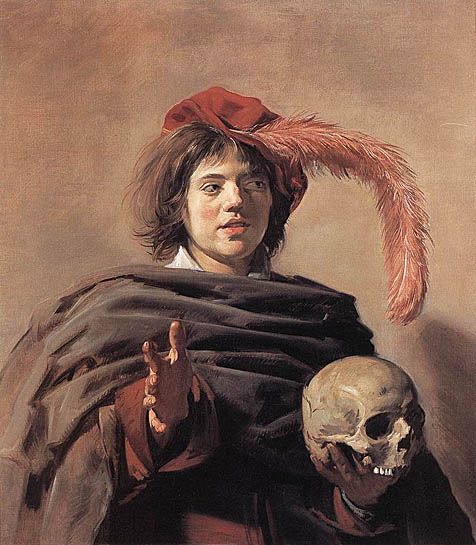Mary Wollstonecraft was a feminist advocating for women’s rights during the late eighteenth century. She travelled throughout Europe which enabled her to form new and different opinions. She was able to express her opinions through her two published works, A Vindication of the Rights of Men and A Vindication of the Rights of Women. Wollstonecraft was one of the very first people to prove that opening women to more opportunities would not only benefit women, but the entire society; this is what set her apart from other women with the same beliefs. She attempted to convince others that school should be coeducational by saying that girls and women alike would become “better wives and mothers, good citizens, and economically independent.” Mary Wollstonecraft set the path for many women after her time. Her opinions on women’s rights were brought up and shared during major events such as the Suffrage and Feminist Movements. The Feminist Movement was a series of political movements looking to expand on the rights of women. During the nineteenth century, women’s rights were brought into the forefront throughout Europe. Women “gradually found professional and white-collar employment, especially after about 1880 in fields such as teaching, nursing, and social work.” Women made their demands public through walks, marches, demonstrations, heckling parliament, slashing paintings in London’s national galleries, and hunger strikes. One of the biggest achievements these women were able to accomplish was the right to vote in England which only came after almost 40 years of public struggle in 1919. Before 1900 in Germany, women were not able to be full-time students at any university. The Federation of German Women’s Association, “an umbrella organization for regional feminist groups,” had 470,000 members had made “substantial gains in family law and property rights.” Because of the rights they so desperately fought for, women today have much more freedom but still inspire the women’s rights movements we see today.
About The Author
Related Posts
Blog Posts
- October 2023 (2)
- September 2023 (1)
- May 2023 (2)
- April 2023 (4)
- March 2023 (3)
- February 2023 (2)
- November 2022 (6)
- October 2022 (5)
- September 2022 (2)
- April 2022 (4)
- March 2022 (6)
- February 2022 (6)
- January 2022 (3)
- November 2021 (2)
- October 2021 (2)
- September 2021 (4)
- May 2021 (1)
- April 2021 (2)
- March 2021 (4)
- February 2021 (2)
- November 2020 (2)
- October 2020 (3)
- September 2020 (1)
- April 2020 (3)
- March 2020 (2)
- February 2020 (5)
- January 2020 (1)
- October 2019 (4)
- September 2019 (3)
- April 2019 (4)
- March 2019 (2)
- February 2019 (3)
- January 2019 (2)
- December 2018 (1)
- October 2018 (3)
- September 2018 (3)
- April 2018 (1)
- March 2018 (1)
- April 2017 (1)
- February 2016 (2)
- December 2015 (1)
- November 2015 (1)
- October 2015 (3)
- February 2015 (2)
- December 2014 (1)
- November 2014 (1)
- October 2014 (2)
- September 2014 (2)
- April 2014 (3)
- February 2014 (1)
- December 2013 (1)
- October 2013 (2)
- April 2013 (1)
- October 2012 (2)
- September 2012 (1)



